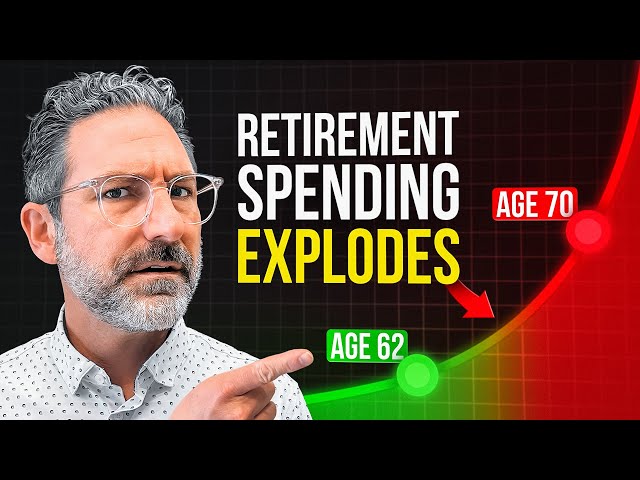Investors have had to contend with a lot so far this year: a third wave of COVID, runaway inflation, the stock-market rollercoaster, and war between Russia and Ukraine, to name just a few.
Thanks to technology, we are now able to follow events around the world 24 hours a day, seven days a week, 365 days a year. This constant flow of news often includes unpleasant surprises that are out of anyone’s control, and emotional reactions to them are unavoidable.
When the bad news is related to markets, these reactions can be especially intense. No one likes to lose money. The scarier the news (or the more extreme the market’s reaction to it), the more likely investors are to panic.
Now for the good news: tough times don’t last forever. And, while declines and bear markets are an inevitable part of investing, so are the subsequent recoveries.
For declines of less than 30%, the average time it takes until the recovery period begins is less than six months. Even when considering all historical declines (even the big ones), recovery has taken a little less than one year on average.
Click the button below to get your Free Retirement Assessment!

Declines in the S&P 500 Index

Is recession imminent?
Not likely. Here’s why.
First, interest rates have started their recent ascent from record-low levels, and inflation-adjusted (or real) interest rates are still low on a historical basis. This is promising, considering that policy rates (like the federal funds rate) tend to be several percentage points above the inflation rate by the time a recession begins.
Second, the signs of stress that built up in the first quarter of 2020 (at the start of the COVID-19 pandemic) have receded. The St. Louis Fed’s Financial Stress Index, which measures the degree of financial stress in the markets, currently indicates that markets have been extraordinarily calm, despite geopolitical risks and rising inflation. The average value of the Index is designed to be zero. For the week ending June 3, 2022, the reading was -1.6510 (and has been generally trending down since March 2022). Until that number moves at least above the zero line, it doesn’t make much sense to worry about an impending recession.

The Bottom Line
Volatility is understandably uncomfortable for most of us, but especially for investors who are nearing or have reached retirement age. If you’re not working with a financial professional, doing so can be especially valuable in times like these.
We’d like to offer you the opportunity for a no-cost, no-obligation conversation with one of our advisors—just click here to schedule it.
_____________
Alli Thomas

Alli Thomas has worked in the financial services industry for nearly 20 years, with a focus on retirement-related investing. She began her career as a FINRA-licensed participant-services call-center associate at Vanguard, and then moved to Principal Financial Group, where she worked closely with employers, assisting with retirement plan set-up and design, selecting appropriate plan investment offerings, and maximizing employee participation through targeted education campaigns and enrollment meetings. Alli has also worked as a qualified 401(k)administrator and registered investment advisor for several small investment firms. She now writes about all things investment- and finance-related, leveraging her extensive experience and passion for retirement planning to help investors make well-informed financial decisions.







.jpg)







